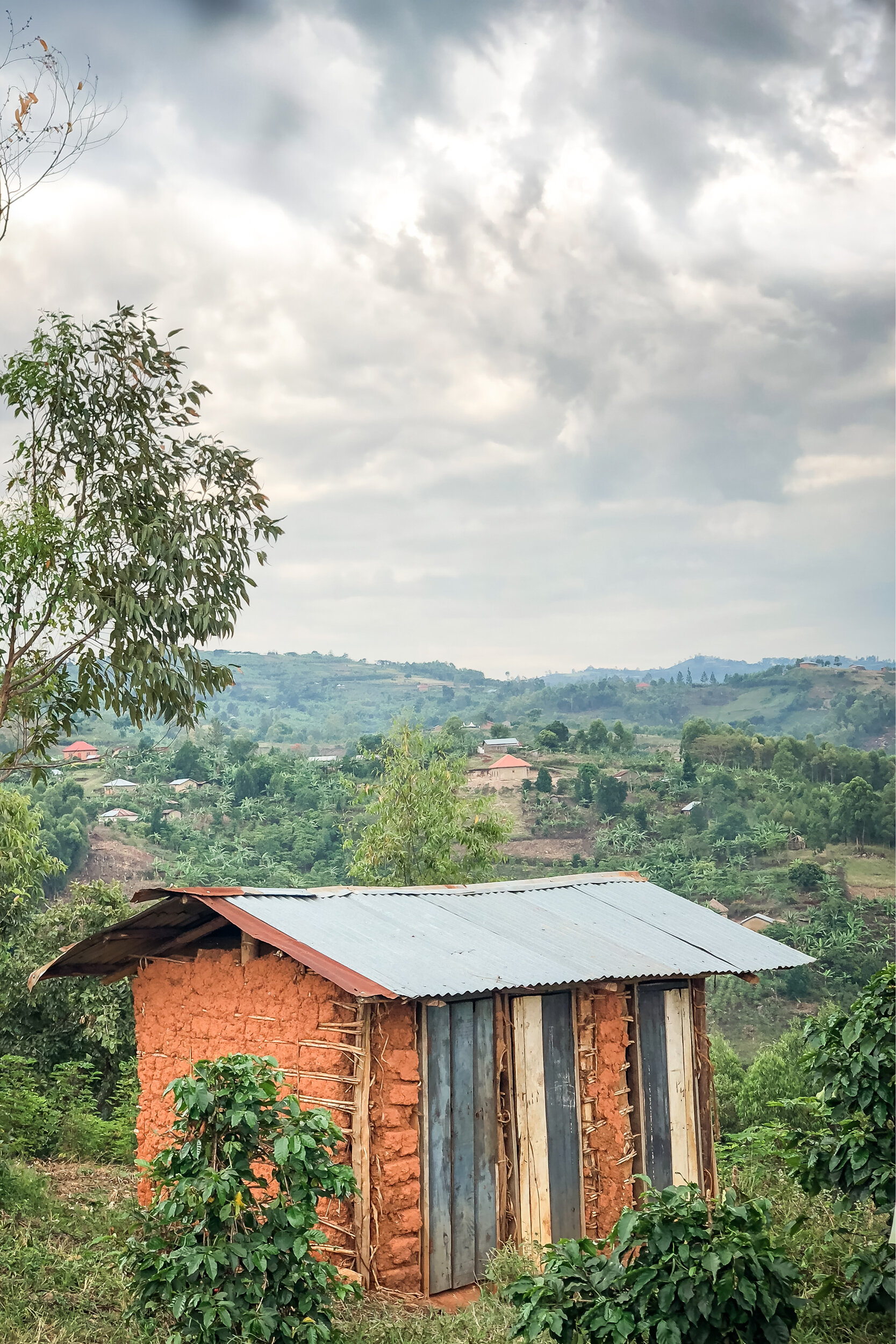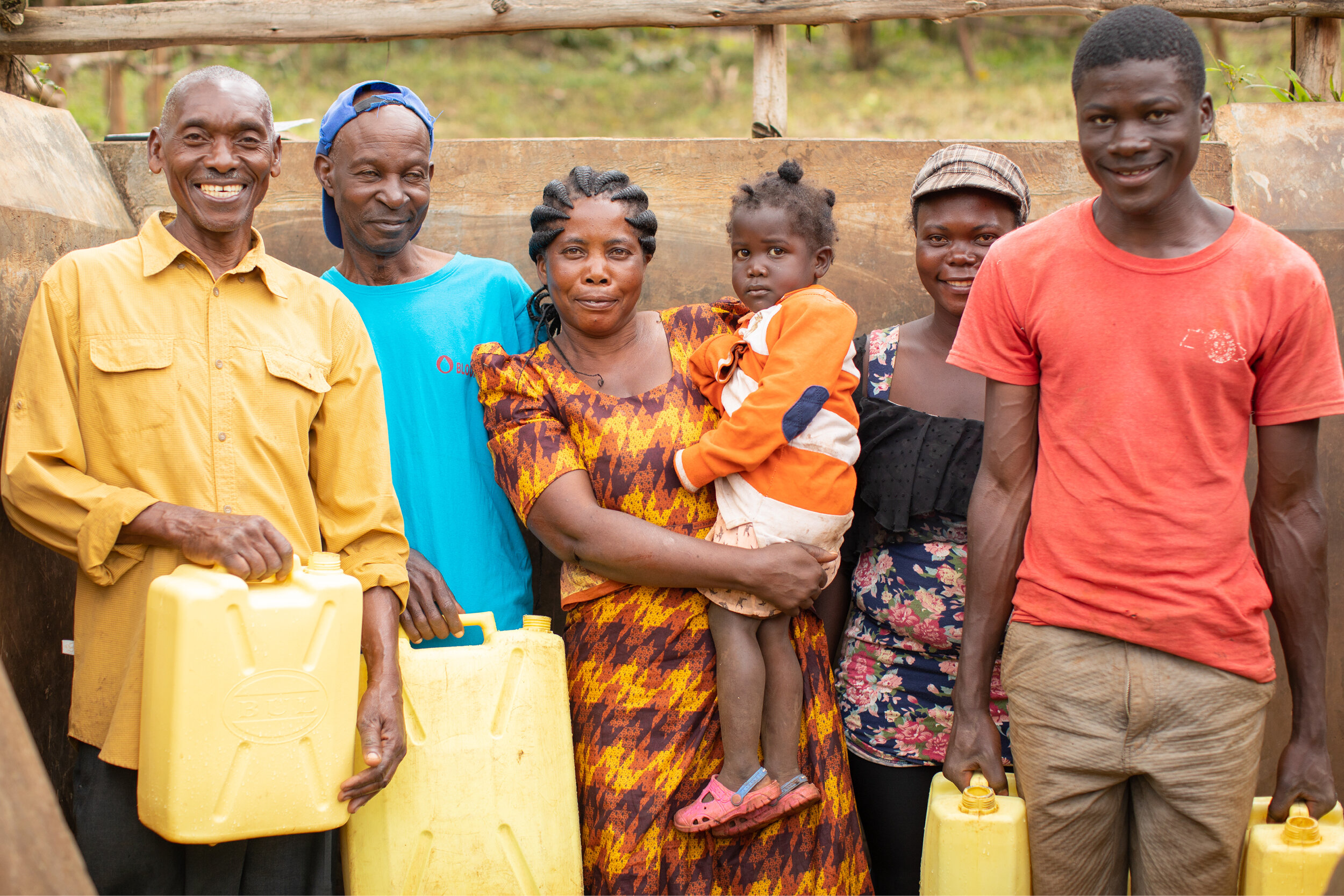Has your mind been darkened and your heart burdened by the world you see? Have you found yourself quietly sensing a feeling of dissatisfaction and restlessness over what the world has become? I have. The news of the last week – wrongful death, hatred, protests, riots – has been hard to process. Hope has taken a severe beating. Even as I write this, I have the image of a boxer only half conscious, bruised and puffy-eyed lying on the canvas. Hope has met its match in the inhumane actions of people living at the crossroads of fear and power. We weren’t designed to host such stealthy parasites. They cling to our souls as much as they cling to our minds and hearts.
How many times have we been cautioned about the toxicity of fear? How many more times has fear crept in and tainted the filters we use to discern our actions and engagements with each other? Fear is so patient. It finds a spot and whispers softly and consistently until it becomes white noise, ambient and forgotten until our thoughts and actions slowly bend to reflect its bidding. Why are we so afraid? What is it about the human experience that, while we are ever innovating and making strides in so many different spheres of life, we are still bound to primitive and overactive impulses that bloom into self-protection?
What do we believe we have, and why do we think we will lose it? Do we truly own anything? Do we have anything of true value that can be taken away? Is this the most justifiable reaction to having been given life abundantly? Have we stopped to recognize our tendencies born of beliefs that are more myth than truth? How many of us have even in lesser moments considered the ways we would defend ourselves and our things from those who may want to take them from us? Who among us has not imagined the ways we would defend our families and harm others on uncertain evenings in unfamiliar places? It all feels like too much to unravel.
My own ideas about what a good life should be are bound to so many things I am protecting myself from experiencing, to the point where I live more of a life against things than for them. I am a master of prevention, a disciplined student of the preemptive safeguard and the fortifier of hedges and walls. The dream of living untouched by grief, pain, embarrassment, violence, hunger, inconvenience, and honest humanity has been driven into me from the first time I was strapped into a car seat as a child, and throughout the years of my life studying to earn what Steve Garber describes as the passport to privilege. I bought the idea that education was the precursor to opportunity. Opportunities for work led to opportunities for wealth. Wealth was the accumulation of resources. Those resources would fund my exile from the “real world” of street noise, unreliable automobiles, unrelatable neighbors, uncontrollable circumstances, undesirable environments, and unmet desires. The exile was the dream. It was about becoming my own superpower. I could control my island. I could be safe and out of harm’s way. This was my belief. This was my myth. It wasn’t true. It was a very compelling lie.
Some way, I must have gained enough of a head start down that path toward privilege that I began to feel something I had never felt before: I felt like I had something to lose. And that anxiety over what can be lost is potent and highly influential. It can be a kind of gatekeeper for lots of things. It can close the door on relationships, explorations, adventures, kindnesses, careers and beautiful dreams. The fear of loss is a formidable opponent for even the most macho forms of courage. And the fear of loss that is more ambient and less wound around any specific thing can be so fluid that it takes the shape of everything we love or appreciate. It will make us feel like everything is slipping from our grasp.
I wonder if this is why we are so resigned to let other humans die from scarcity of things the world has in abundance in other places. When we think about the world at large, and the contrast of places where mothers choose which child they must let die of hunger, and the places where there are actual organizations trying to get stores to stop throwing away tons and tons of food, it is mostly a product of the fear of loss. The fear of loss which is bound to the fear of not having enough. The fear of not having enough compels so many of us to gather so much abundance that we force what was probably an irrational fear to become real life for someone else. We grasp for our share and the shares of thousands of others and in our minds, we can justify the act. The American dream is really just compulsive hoarding to solve a problem of the irrational fear of not having enough.
If we throw the Gospel of Jesus into the mix, we start to imagine that the grip our fear has on us may find a better antidote than hoarding. We have everything we need. We have each other. We have the eyes to see and the ears to hear. We have the hands and feet and voice of God. We have the blood of Christ and the bread of heaven. We have love beyond measure.
Why do I bring this up in writing a blog for Blood:Water? There have been a lot of predictions about a massive decline in generosity toward non-profit organizations due to the economic fallout from COVID-19. In the next few months we will start to see people holding on to their resources, shoring up for the scarcity that may occur over the next eighteen months and beyond. There will be a heightened amount of anxiety from the idea that people will not have enough. The crisis at hand will occur mostly because, in America, what is “enough” is exponentially more than enough. What we perceive as scarcity is still abundance. We don’t recognize it because our fear of losing what we have has skewed our concept of what we actually have, where we actually live, and who we are.
The Kingdom of God is open handed. It is not a land of hoarders and collectors. It is not a place where anyone wonders if they will have something to eat while others die under the weight of their bloated indulgences. It is a grandiose vision of God’s kingdom, and perhaps in the “already-and-not-yet” spectrum of this vision, we feel like we are more on the side of “not-yet.” Still, the abundance of God’s kingdom is here already. We have it all around us. We are sinking in it.
So my question to myself and to everyone else is: how can we shed our fear of “not enough” in order to open our own hands to offer God’s abundance back to the work of caring for those in places where the need and the scarcity is experienced more consistently?
Could the question of “enough” be more beautiful if we wondered not whether we will have enough, but rather, can we give enough?
More Stories:
Categories





